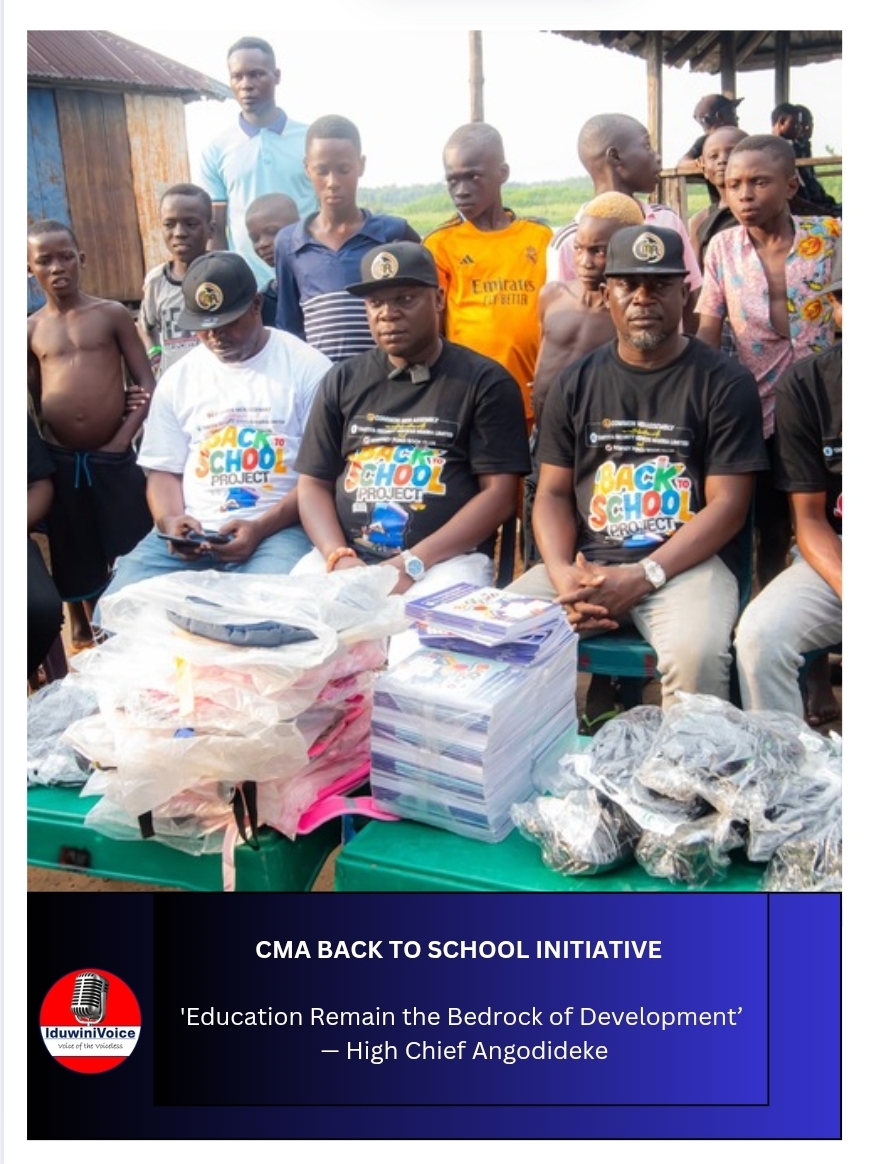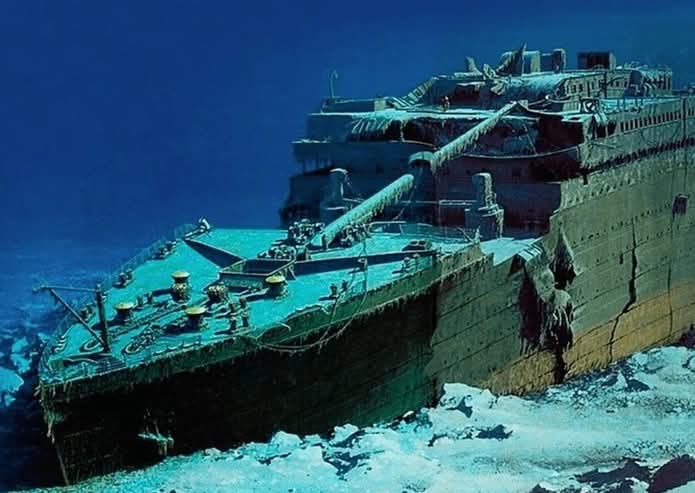IduwiniVoice Edubbas
Navigating the Business Journey: Beyond the Startup Capital.

Navigating the Business Journey: Beyond the Startup Capital.
By Admin.
In the world of entrepreneurship, the allure of turning a substantial initial investment into a thriving business often overshadows the complex reality that lies ahead. A recent online image aptly captures this sentiment, prompting a deeper exploration into the intricate dynamics of business growth.
The notion that a startup capital of 500k or 700k is a one-size-fits-all solution is quickly dispelled by those who have traversed the challenging path of business ownership. Drawing an analogy to parenting, the comparison between a business and a child is both humorous and poignant. From the infancy of covering direct costs to the adolescence of sustaining the venture, the financial demands persist.
The key revelation shared by entrepreneur Prince Kuro is that the initial capital is merely the birthing moment of the business. The journey unfolds with continuous financial nurturing, akin to the transition from breast milk to baby formula and eventually to sustaining a growing child with regular meals. This analogy underscores the ongoing financial commitment required for a business to reach maturity.
Kuro candidly addresses the often-overlooked aspect of sustaining a business—diverse financial streams. He sheds light on personal contributions and the integration of funds from side gigs to sustain their business. The unfiltered narrative underscores the reality that the journey to business success demands more than a singular investment.
For aspiring business owners, Kuro’s advice is clear: dispel the illusion that startup capital alone guarantees success. The narrative urges a shift in mindset, emphasizing the need for diverse financial avenues to weather uncertainties. The candid admission of channeling funds from side ventures into the business serves as a testament to the multifaceted approach required for sustained growth.
The article concludes with a practical admonition—unless significant investors are on board, the idea of quitting a job to fully commit to a business venture is cautioned against. Instead, Kuro advocates for a simultaneous approach, balancing entrepreneurship with existing employment. If time constraints become overwhelming, the suggestion to delegate managerial responsibilities or hire assistance is offered as a pragmatic solution.
In the landscape of business success, Prince Kuro’s insights resonate as a pragmatic guide, challenging conventional notions and steering entrepreneurs toward a more nuanced understanding of the journey that lies beyond the initial investment.
#businesssuccess #growthmindset #businessowners #businessmotivation #smallbusinessbigdreams #smallbusinessowner #entrepreneurshipmindset #startupstruggles #businessreality
© Prince Kuro
IduwiniVoice Edubbas
‘Education Remain the Bedrock of Development’ — High Chief Angodideke

By: Derick Peretengboro
The growing belief that education remains a vital catalyst for development has been exemplified once again in the riverine Delta as the launch of the 2026 edition of the famous ‘Back to School’ initiative came alove in Delta State, courtesy of the Common Men Assembly (CMA). The body has reiterated its belief in education as a catalyst for development riverine Ijaw communities.
The programme, which focuses on supplying essential learning materials to public primary schools, is expected to benefit pupils in 25 communities across five local government areas.
Hight Chief Angodideke Jude, the Ogungbeiwei of Ngbilebiri-Mein Kingdom and Chairman of the CMA, while addressing stakeholders at the launch, said the initiative was conceived to address the persistent lack of basic educational infrastructure in riverine communities.
Working alongside Tantita Security Services Nigeria Limited and the Godfrey Pondi Book Club, the group distributed desks, books, bags, and sandals to selected schools on day one.
Schools in Okosugbene, Orugbene, and Ofogbene received 30 desks each, while other schools in Burutu and Warri South West LGAs received assorted learning materials.
The items were received by school officials and community leaders, including Mrs. Ebiyerin Esiri, Mr. Roland Government, and Mr. Oweikeniafa Ebi.
Pupils were seen excitedly engaging with the new materials, a development observers say could positively influence learning outcomes in the affected schools.
IduwiniVoice Edubbas
Wonders as Woman Lived with Parasitic Twin Inside Her for Almost 50 Years before Discovery

By: Daire Perez
Medical science isn’t just your everyday paracetamol and headache, seat back and be amazed by this rare and heartbreaking medical case. A 47-year-old woman recently learned that the large abdominal mass she had lived with since birth was in fact her undeveloped twin. The rare congenital condition known as an epigastric heteropagus twin, occurs when one embryo fails to fully develop and remains attached to the other during pregnancy.
According to reports, the woman – a mother of four – decided to undergo surgery after carrying the mass for nearly half a century. Surgeons discovered a 24-centimeter growth containing primitive human features, including an ear, a nose, and partially formed limbs. The mass was being nourished by an artery connected to the carrier’s abdomen.
Medical specialists involved in the case emphasized the crucial role of advanced imaging studies conducted before operation. These scans allowed doctors to precisely map the mass’s structure and safely remove it without endangering the patient’s life.
Cases of parasitic twins are extremely rare, making this one of the most unusual and fascinating occurrences in modern medical literature.
Adapted from Weired, Wonder, and Amazing Tings (Facebook)
IduwiniVoice Edubbas
TITANIC: A GRAVE IN THE DEEP – 113 YEARS LATER, QUESTIONS STILL HAUNT THE ATLANTIC

By Tama Peretengboro
Imagine the icy Atlantic, silent but for the fading cries of the doomed. On the early morning of April 15, 1912, the RMS Titanic-the so-called “unsinkable” ship-vanished beneath the surface of the North Atlantic,taking more than 1,500 lives with it.The tragedy remains one of the most devastating maritime disasters in history.
In the aftermath, survivors huddled in lifeboats, drifting in shock and silence.Many would later recall that the quiet that followed the sinking-the absence of voices, of splashes, of life – was more harrowing than the chaos itself.
For over seven decades, the wreck lay undisturbed, lost to time and memory-untilb1985, when an expedition led by Dr. Robert Ballard discovered the remains of the Titanic nearly 2.5 miles beneath the surface.What they found was a ship torn apart-broken in two and scattered across the ocean floor like an open wound frozen in time.
Since then, more than 5,000 artifacts have been recovered from the site, each one a chilling reminder of that fateful night: bottles of perfume that still carry their scent, letters that never reached their destinations, pairs of shoes lying where their owners once stood. These personal items have become the voice of the dead,telling stories that words cannot.
But even as these objects are studied and displayed in exhibitions around the world, a haunting question remains: Are there human remains still at the site?
Marine scientists are divided. Some argue that the ocean’s immense pressure, low temperatures, and microbial activity would have long since broken down any human tissue. Others point to the way personal effects remain arranged-shoes placed side by side, clothing intact in some cases-suggesting bodies once rested there,perhaps shielded by the deep.
What’s clear is that the Titanic is more than a shipwreck. It is a sunken memorial, a timecapsule lying in darkness. Over a century later, it continues to stir emotion and inquiry, reminding us that beneath the waves lies a tragedy that time can not wash away.
Credit: Weired, Wonder, and Amazing Things on Facebook




